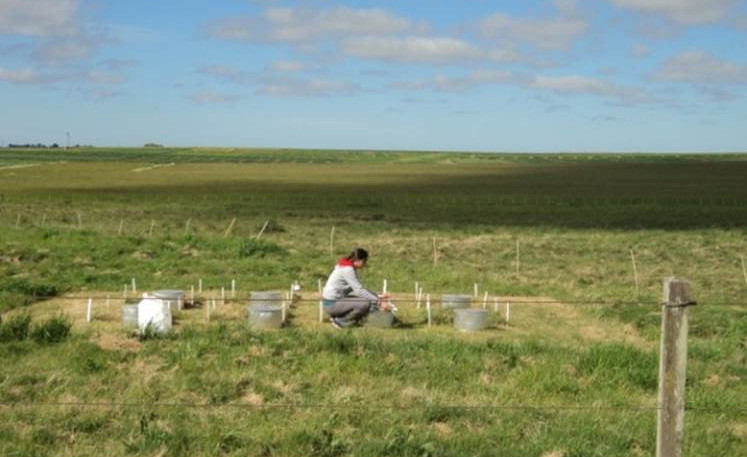Research students discuss crucial environmental planning topics
03 June 2022 | News
Mixed-tenure housing, climate change impacts, youth engagement and managing cumulative environmental effects were the topics covered at a student research presentation this week.
Four Master of Planning students presented their research findings at Tūranga Library on 31 May to an excellent turn-out of fellow students, Lincoln staff members, and planning practitioners (including some former graduates of the MPlan programme).
Lily Lamble spoke about the factors that determined success in mixed-tenure housing and proposed a strategic framework she had devised for policymakers and housing providers.
Hesthi Nugroho discussed climate change impacts on the Upper Selwyn Hutts, including the engagement process between the Selwyn District Council and Upper Selwyn Huts residents. She also explored whether there was a potential requirement for community resettlement, with her research findings highlighting a need for empathy and long-term consistency in working with geographically vulnerable communities.
Jacob Crosswell critically examined youth engagement within long-term planning processes, using case studies from Christchurch and Marlborough. His study highlighted the importance of youth in planning, the fundamental challenges for engagement and the possibilities for the future.
Francis White’s presentation examined how the assessment and management of cumulative effects took place under the Resource Management Act 1991. Francis's research considered the nature of cumulative effects, strategies to manage them, and the implementation of assessment and mitigation strategies at national, regional and local levels.
With urban and rural communities facing a range of environmental, economic and social pressures, there is an increased need for qualified planning experts with excellent problem-solving skills. The Master of Planning is designed to prepare students for work in urban, regional and environmental planning fields.


